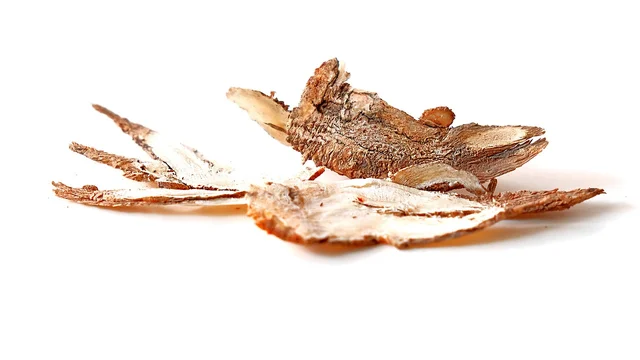Angelica: A Complete Guide
The genus Angelica includes aromatic shrubs and herbs in the Apiaceae family, which are native to the temperate areas of the Northern Hemisphere. Since ancient times, it has been used as a culinary and medicinal ingredient in Chinese and Japanese cuisines. Angelica species have been used for centuries to treat respiratory problems, digestive issues, circulation and Inflammation . Angelica has powerful antioxidant properties, and it is believed to be anti-aging.

Angelica: What others have said
Angelica is gaining in popularity due to the purported benefits it offers. It is believed by many that angelica can improve Digestion , decrease inflammation and boost your immune system. The herb has been shown to be beneficial in the treatment of certain cancers and stroke risk reduction. It is also believed that it has antibacterial and antifungal qualities, which makes it an effective treatment for skin infection. Angelica's potential for health benefits has been highlighted by social media outlets and mainstream news sources.
Angelica: Its Purported Health Benefits
Angelica is said to have many benefits. The herb has been shown to reduce inflammation, boost immunity, and improve circulation. It has also been Antioxidants "> proven to have powerful antioxidant properties that can protect your body against oxidative damages caused by free radicals. It has also been shown to help treat digestive problems, respiratory disorders and some types of cancer. Angelica is more powerful than other supplements and herbs in terms of antioxidants. Here are a few key things to keep in mind when evaluating the claimed benefits of Angelica.
- Inflammation can be reduced
- Increased circulation
- Immune system booster
- Has powerful antioxidant properties
- Can help with digestive and respiratory problems
- Cancer treatment may be effective for certain types of cancer
Angelica: Expert or professional opinions
Angelica is a herb that has many potential benefits for health. Natural health practitioners often recommend that Angelica be added to the diet of those who are interested in a healthy lifestyle. Angelica has also been shown to be helpful in the treatment of certain cancers, but further studies are needed. Experts recommend incorporating Angelica into your diet to improve overall health.
Angelica: How to Start?
There are many ways you can try angelica. Angelica tea is the most popular way of consuming it. For a cup angelica tea steep one teaspoon dried angelica roots in eight ounces boiling water for ten minutes. You can enjoy this tea hot or cold. You can also purchase capsules or angelica extract from online or health food shops. Be sure to read the instructions on the label of the product. Angelica is also a great addition to soups, stir-fries, and salads.
If you plan to plant angelica, choose the right variety for your local climate. Angelica likes soil that is moist and well drained, as well as full sunlight. It is recommended to plant it early in the spring. Angelica can be harvested by cutting the stems and removing any leaves at the base. Then, dry them in an area that is warm and dark. After the dried stems have been stored, you can store them in an airtight container.
What are the Side Effects and Drawbacks?
Angelica, when taken in moderation by most people, is generally considered to be safe. It is also important to know that angelica can cause adverse reactions in certain people and interact with some medications. Consult your doctor before taking Angelica if taking medication. Angelica is not recommended for pregnant or breastfeeding women. Angelica should be avoided by those who have allergies to Apiaceae plants (e.g. celery, carrots and Parsley ).
Conclusion
Angelica has many health benefits. Since ancient times, it has been used to treat respiratory problems, digestive issues, circulation and inflammation. The powerful antioxidant properties of this herb make it an excellent choice for anyone looking to protect cells against oxidative stress. It may also be helpful in the treatment of certain cancers. It is best to consult your doctor before trying out angelica. Angelica is a healthy addition to the diet when taken under medical supervision.
.